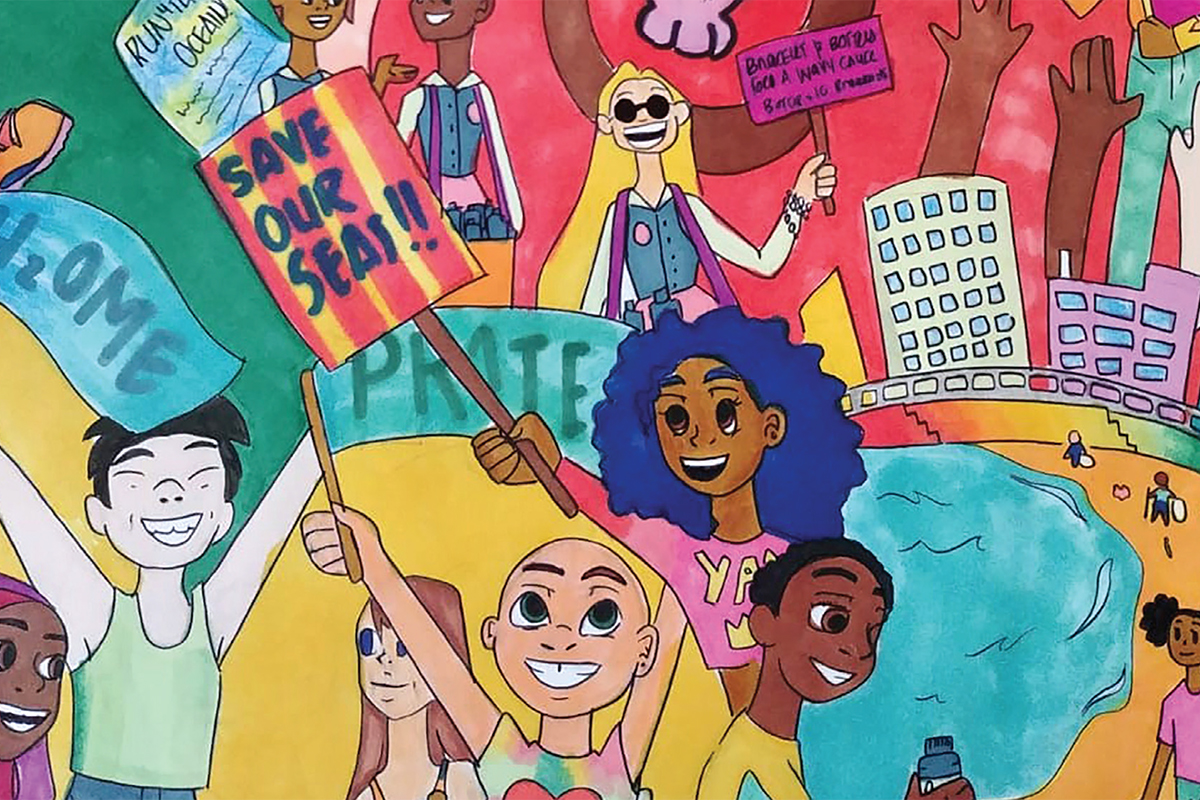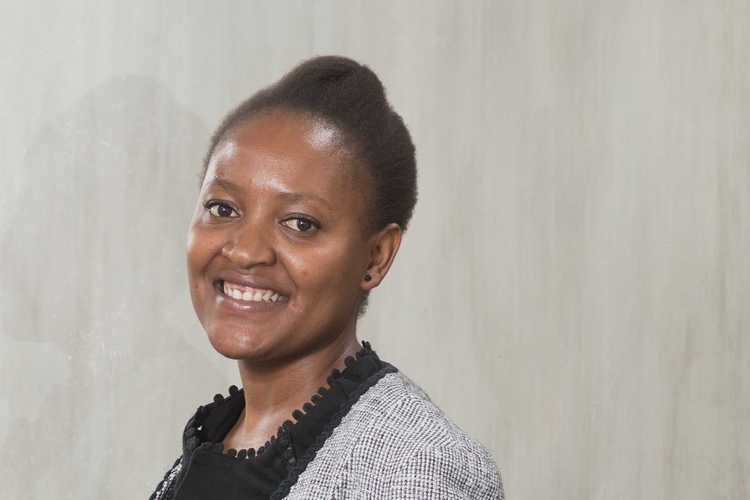On 27 August 2020, the Centre for Human Rights, Faculty of Law, University of Pretoria, in collaboration with the South African Institute of International Affairs (SAIIA) and the African Climate Foundation hosted a webinar focusing on foreign policy and South Africa's climate change diplomacy.
In recent years, the rules-based system that has governed the global political and economic order since the Second World War has become increasingly fragile. It has been undermined by the contempt that the Trump administration has shown for it, by the rise of more nationalist governments in countries as different as Brazil, the UK, India, Hungary and Turkey, and by tensions between the members of key multilateral blocs like the EU, NATO, and BRICS.
The result is that the institutions of global governance have become increasingly ineffective – as evidenced by, for example, their management of the COVID-19 pandemic and the current state of the WTO. Against this background, achieving global consensus to meaningfully reduce global greenhouse gas emissions, through multilateral platforms like the United Nations Framework Convention on Climate Change, appears increasingly unlikely. For countries like South Africa, which are particularly vulnerable to climate change impacts, this raises important questions about how it should approach its climate change objectives, and indeed what these objectives should be. This webinar will explore some of these questions, with a particular focus on unpacking South Africa’s climate change diplomacy options over the next few years.
Panel
- Moderator: Elizabeth Sidiropoulos
Chief Executive, SAIIA
Speaker:
- Ellen Davies
Sustainable Development Consultant, African Climate Foundation
Respondents:
- Alf Wills
Former Deputy Director-General of Sustainable Development and Climate Change in South Africa’s Department of Environment, Forestry and Fisheries - Ambassador Seyni Nafo
African Group of Negotiators
Video: Foreign Policy in uncertain times: What are the options for South Africa?
The webinar is the first in a series of webinars based on the edited volume by Daniel D Bradlow and Elizabeth Sidiropoulos on Values, Interests and Power: South African foreign policy in uncertain times.
Values, Interests and Power: South African foreign policy in uncertain times.
South Africa’s foreign policy makers are facing a substantial challenge. From the advent of the democratic era in 1994 through to the early 2000s, South Africa was a highly respected actor in international affairs with a number of impressive accomplishments in the areas of global governance, peacekeeping and international norm entrepreneurship. However, since that time, the country’s international standing has declined. The value-based and innovative foreign policy that earned the early post-apartheid South African government such great international respect has been replaced by a more transactional and tactically driven approach to international affairs. The country’s position as Africa’s leading economy and voice in international affairs is increasingly being challenged by other African states.
This book explores how South Africa can develop a foreign policy strategy that is appropriate to the uncertain times in which we live and that both helps the country address its overwhelming domestic challenges of poverty, inequality and unemployment and regain its former high international reputation. The contributors to this book offer analyses and proposals for developing such a strategy within the context of the country’s constitutional order and institutional constraints and that addresses the diverse and complex global and regional aspects of the country’s international relations.
For more information, please contact:




